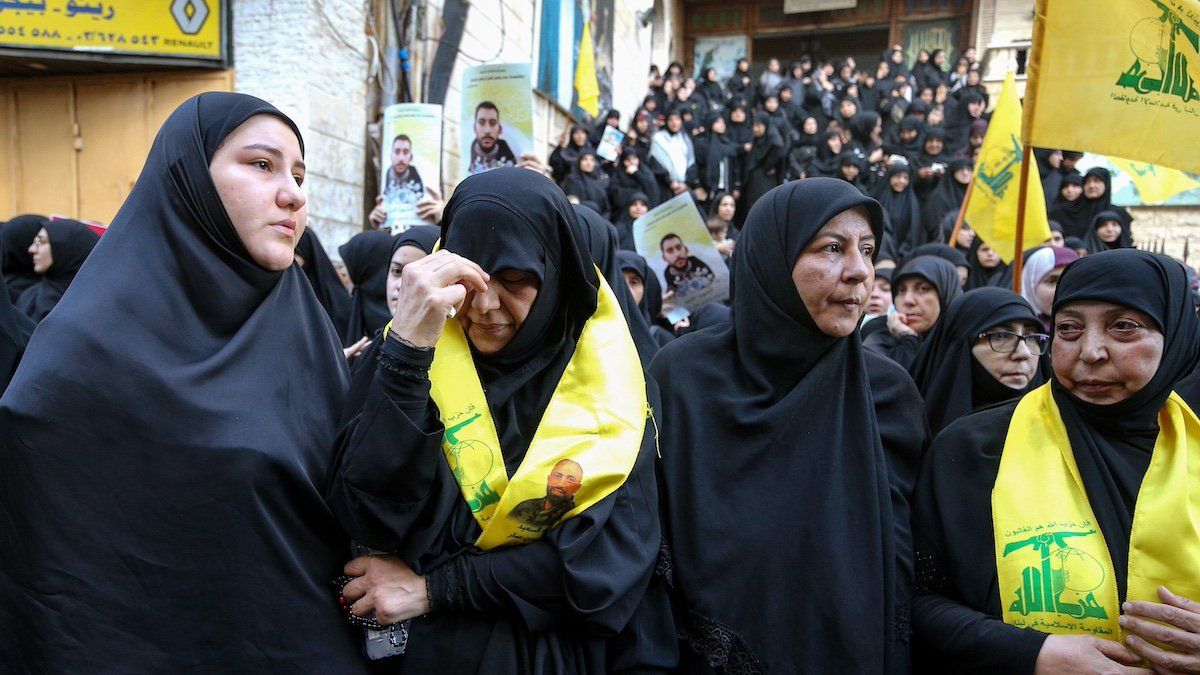Lebanon was rocked by more deadly blasts on Wednesday, with walkie-talkies and solar equipment exploding in Beirut and other parts of the country. At least 14 were killed, and hundreds more injured.
This came a day after pagers used by Hezbollah members exploded across Lebanon and Syria — killing at least a dozen, including two children, while injuring thousands. Some of Wednesday’s blasts reportedly occurred at funerals for people killed by the exploding pagers the day prior.
Israel, which has been trading cross-border fire with Hezbollah amid the war in Gaza, has been blamed for both waves of blasts. The Jewish state has repeatedly threatened to take more forceful actions against continued attacks from Hezbollah. And on Monday, Israel said it had a new war goal: the safe return of residents who’ve been displaced from their homes near the Israel-Lebanon border due to tit-for-tat fighting with the Iran-backed militant group.
Wednesday’s fatal explosions came as Israeli Defense Minister Yoav Gallant declared that a “new phase” of the war had begun. “The center of gravity is moving north. We are diverting forces, resources, and energy toward the north,” Gallant said, alluding to Israel’s northern border with Lebanon.
UN human rights chief Volker Türk on Wednesday called for an independent and thorough investigation into the explosions, noting that they violated international human rights law. “The fear and terror unleashed is profound,” Türk said, urging world leaders to step up in defense of the “rights of all people to live in peace and security.”
We’ll be watching to see what Israel and Hezbollah’s next moves are as tensions continue to rise.
